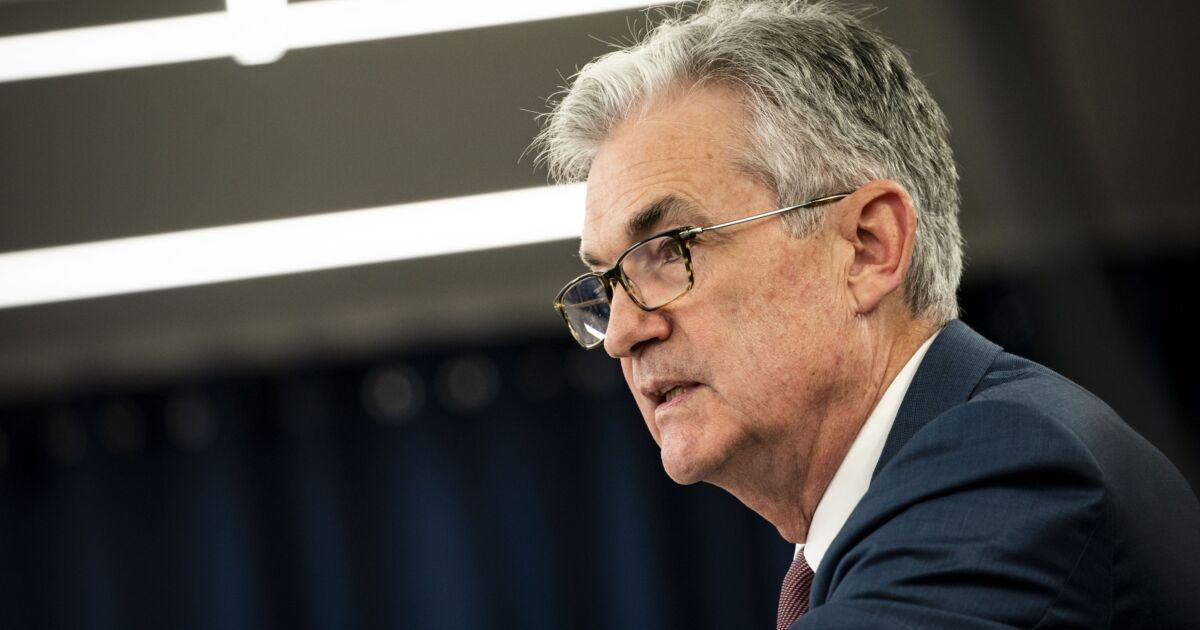
Federal Reserve Chair Jerome Powell is not worried about a
During a panel discussion hosted by the European Central Bank in Portugal on Tuesday, Powell was asked point-blank how concerned he was that Trump — who was
"I am not focused on that at all, and that's not just a talking point," Powell told CNBC anchor Sara Eisen, who moderated the discussion. "I really think we just keep doing our jobs. The U.S. economy, we have 4% unemployment, it's growing at 2%, inflation is at 2.6%, let's keep that going, let's do our jobs. History will judge."
Powell added that, regardless of who is in the White House, the Fed's
"Support for the Fed's independence is very high where it really matters — on Capitol Hill, in both political parties, among the leaders and most of the following," he said. "So, I worry about getting the job right, that's what I worry about."
The discussion comes less than a week after the first debate between Trump, the presumptive Republican nominee, and President Joe Biden, the likely Democratic candidate. A poor performance by the incumbent has led political analysts — as well as Treasury market participants — to factor in a greater possibility that Trump returns to office next year.
Powell declined to weigh in on various policy matters at play in the presidential election, including those related to trade, immigration and the environment, noting that they lie outside the Fed's remit. He did reiterate his ongoing concern about the rate of growth of the U.S.'s national debt.
"The United States is running a very large deficit at a time when we're at full employment. The level of debt we have is not unsustainable, the path we're on is unsustainable. That's completely not controversial," Powell said. "I would have thought this is something that should be a top-level concern, and you do hear it from a lot of elected officials, but it should be a real focus going forward. How do we get back to a sustainable path? Because, you can't run these kinds of deficits in good economic times for very long."
Powell's counterpart, ECB President Christine Lagarde, similarly declined to weigh in on recent political developments in Europe — particularly the recent French legislative election which will result in a divided government for the continent's second-biggest economy.
Largarde did, however, break from Powell in one meaningful way: Endorsing central bank involvement in addressing climate change.
"I'm concerned, as a person more than as president of the ECB, about the backlash there is against the fight against climate change," she said. "Some would argue that it has nothing to do with central banking, but I would contend this is actually not the case. It does have a ramification, impact that we should be mindful about. But it's a risk that is there, that will come to haunt us if we don't do much about it."
Powell, who noted that his biggest concern for the stability of the U.S. banking system is a cyber attack on a large financial institution or financial market utility, said the Fed does not want to drift from its explicit oversight mandates.
"We've been given this great responsibility and great powers and it's important that we get it right, and we've been told to stay out of politics and do [our] job, and that's what we do," he said. "We don't try to get involved in issues that are not our issues."



